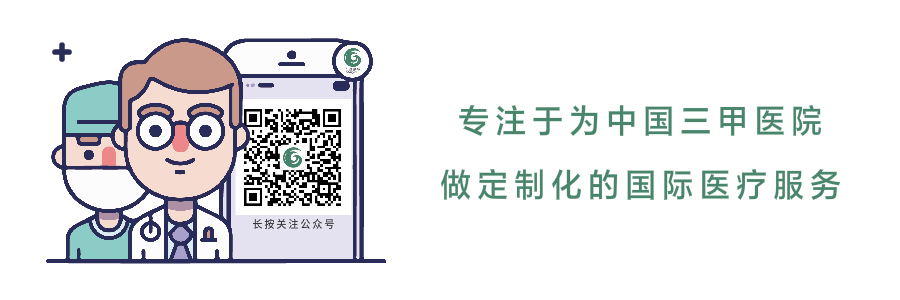-
News & Events

Life-long studying is the best investment on yourself. In this ever-changing time, Medicine is developing at a high speed as new methods and thoughts are spouting up. However, it is never too late to learn. Prof. Yao Zhensong, Director of Department of Orthopedics and Trauma, Baiyun Hospital of The First Affiliated Hospital of Guangzhou University of Chinese Medicine, has always been adhered to the original aspiration of “cease to study and you cease to live” ever since he graduated from medical school and became a doctor. And Gloryren is honored to invite Prof. Yao Zhensong for this special interview. In this interview, Prof. Yao Zhensong shared with us his experience in Medicine, the importance of further study in different hospitals around the world, the gains of visiting Schön Klinik München Harlaching, Germany and the suggestions to young doctors.
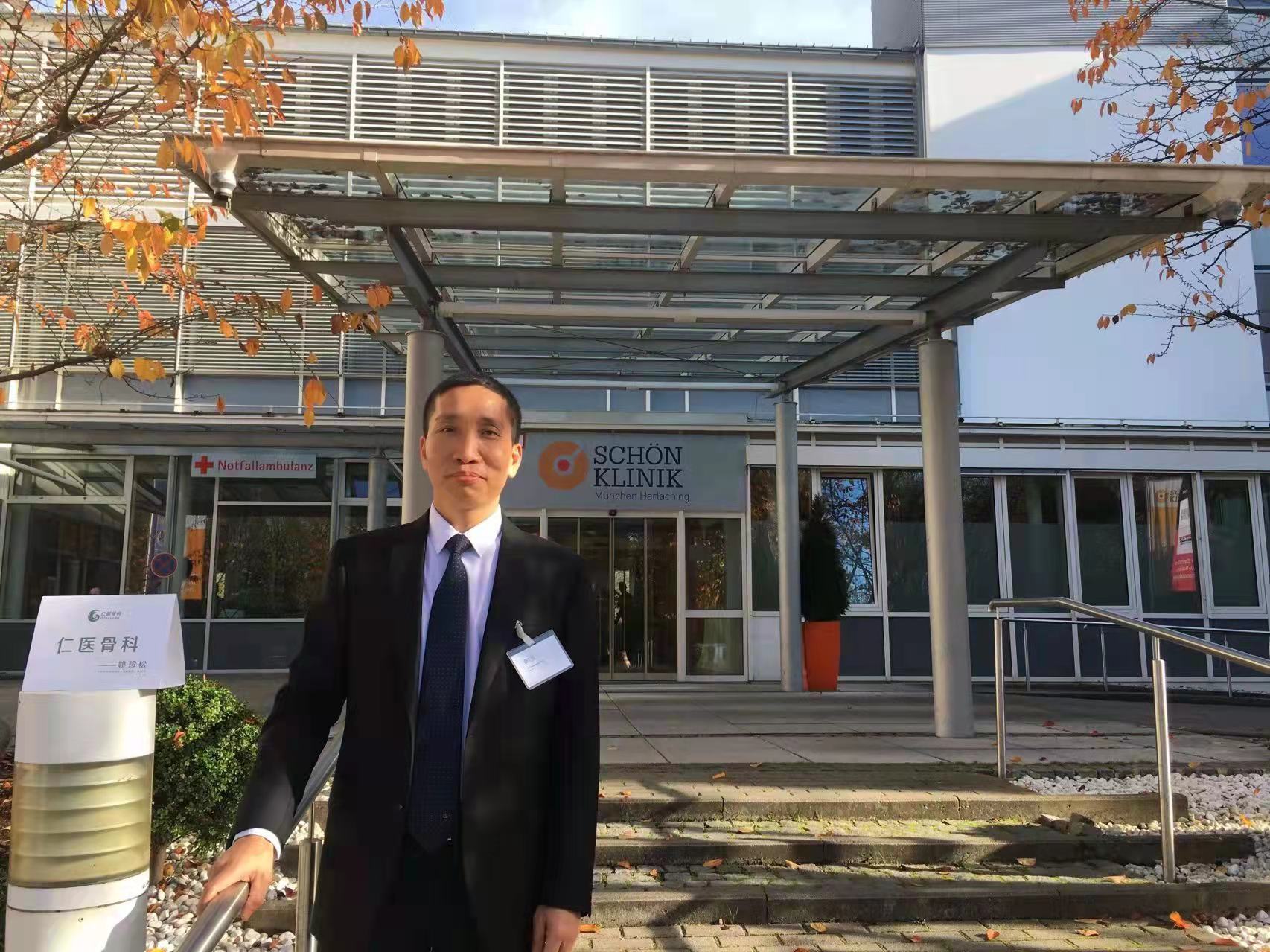
1. When did you determine to be a doctor? And why did you choose Spine Surgery?
I applied for medical school after College Entrance Examination, and I finally studied in Guizhou University of Traditional Chinese Medicine. I majored in Orthopedics and Traumatology of Traditional Chinese Mmedicine(TCM) during my undergraduate education study. After graduation, I worked in the Second Hospital Affiliated with the Guizhou University of Traditional Chinese Medicine. However, the undergraduate education just like the introduction to medicine. As I became a doctor, I realized that there were so much to learn about Orthopedics. While I kept learning, I found that Spine Surgery, the sub-specialty, has a lot of challenges, opportunities and things I want to know as well. In around 2000, after post-graduate graduation, I was determined to work in Spine Surgery.
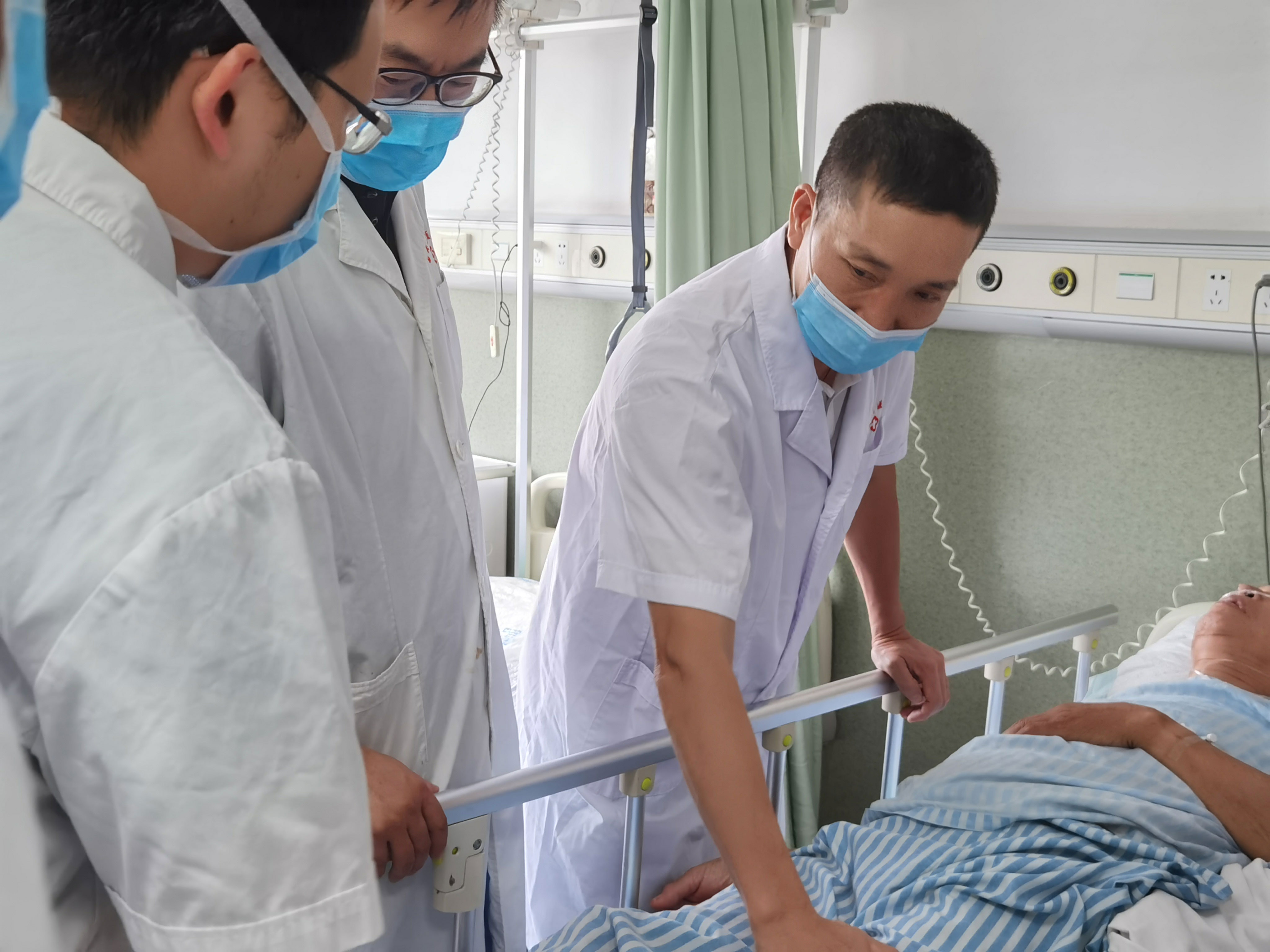
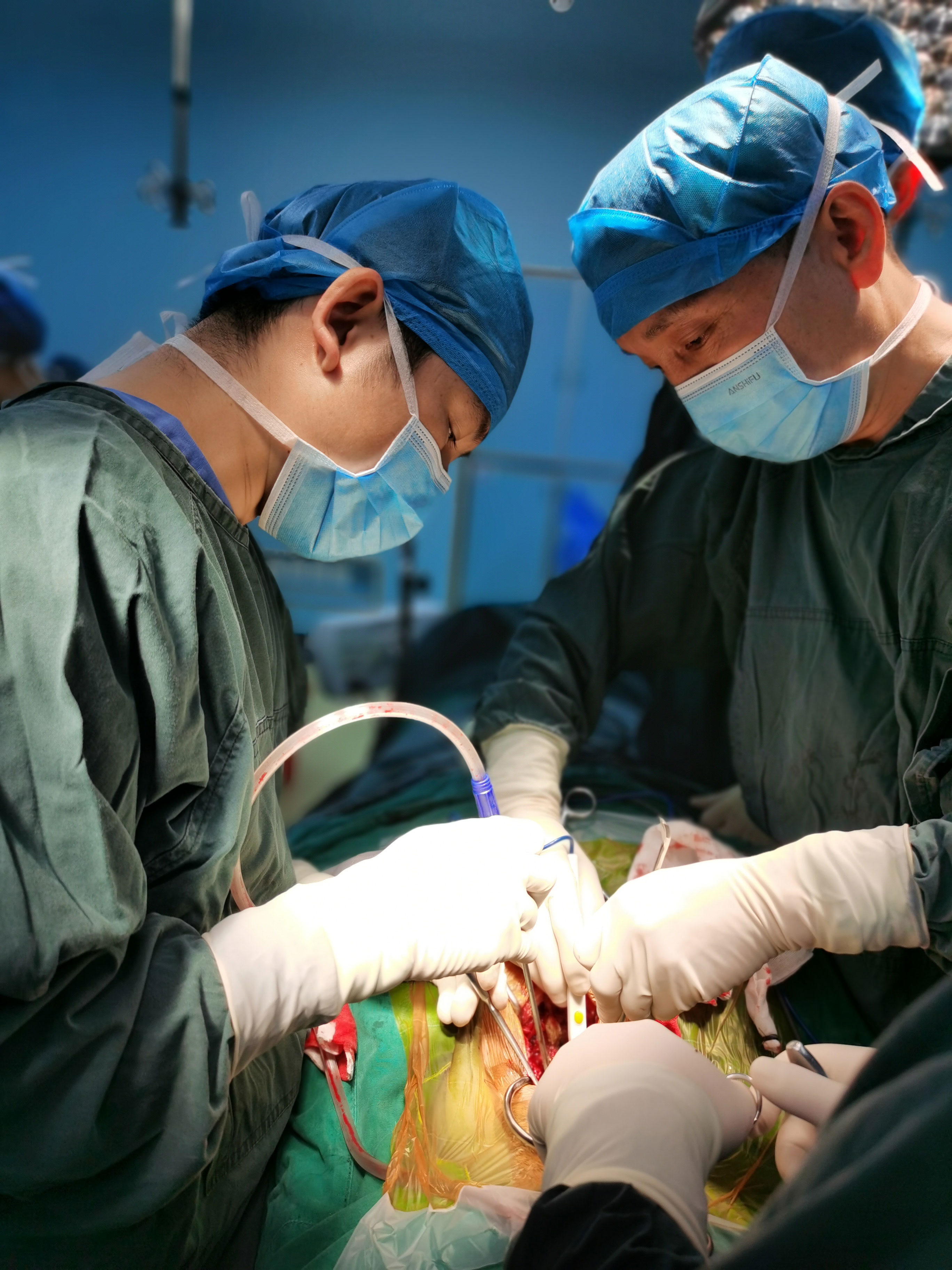
2. How did your early experiences shape your achievements?
Achievement is an overstatement for me as a normal specialist. In my opinion, the development of every person is a step-by-step process. Sometimes I regard myself as a very lucky person, because during my life and career, I have gained strong supports from my teachers and colleagues. All in all, my career is somewhat a smooth journey.
In my view, it may be my original aspiration leading my development. Just like what I have mentioned before, I was determined to study medicine after the College Entrance Examination, and I applied for Orthopedics and Traumatology in undergraduate education. So from the perspective of Medicine, once you apply for a medical school that you basically define your life and devote yourself to Medicine.
Since I have become a medical student, my goal is to be a good doctor and to better help patients. So I studied hard in university. I took the first place for 5 consecutive years during undergraduate study and won the first-class scholarship. I also won the Guizhou Provincial Excellent Graduate in my graduation year. Then I was accepted on merit to work in the Second Hospital Affiliated with the Guizhou University of Traditional Chinese Medicine.
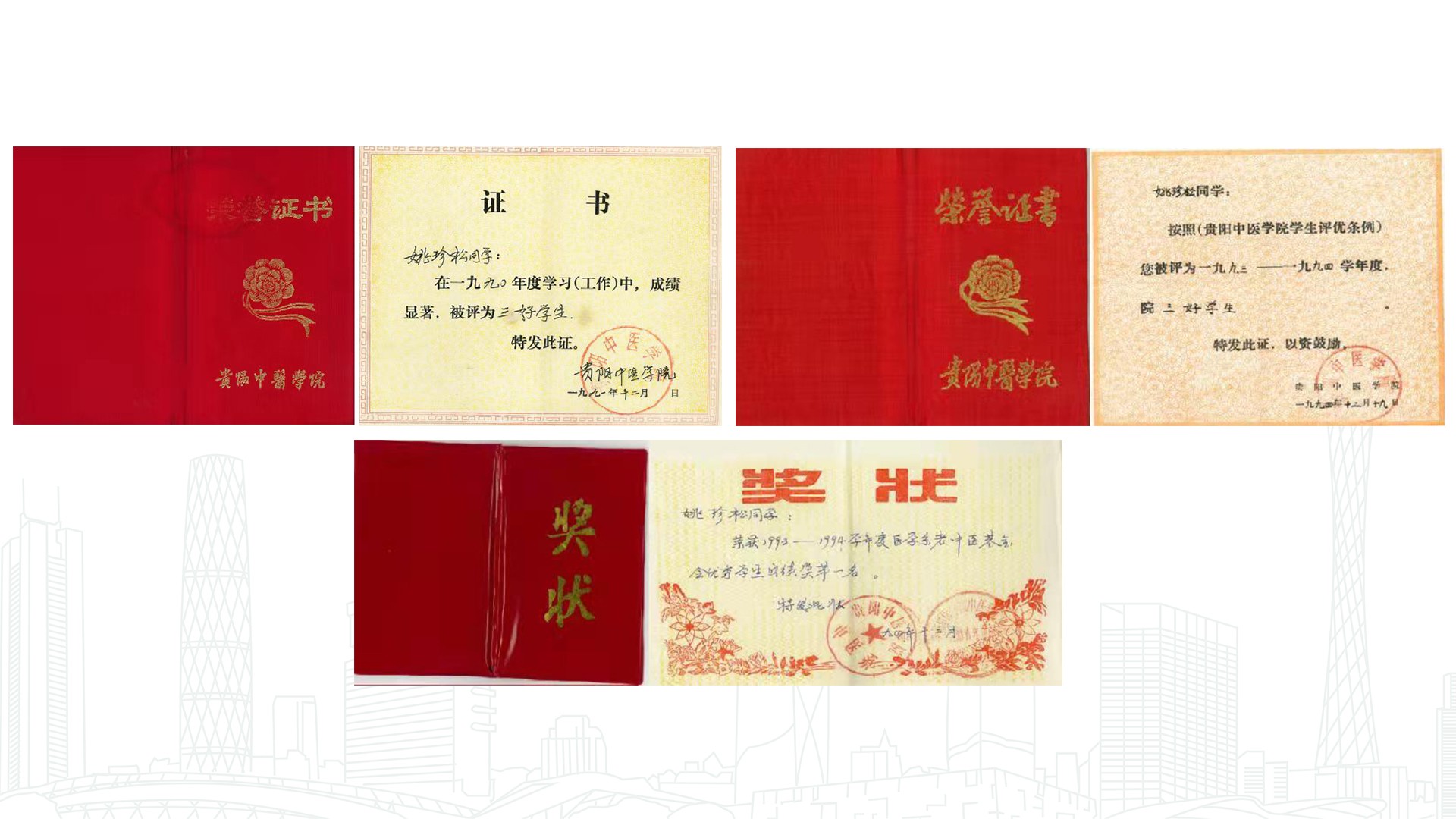
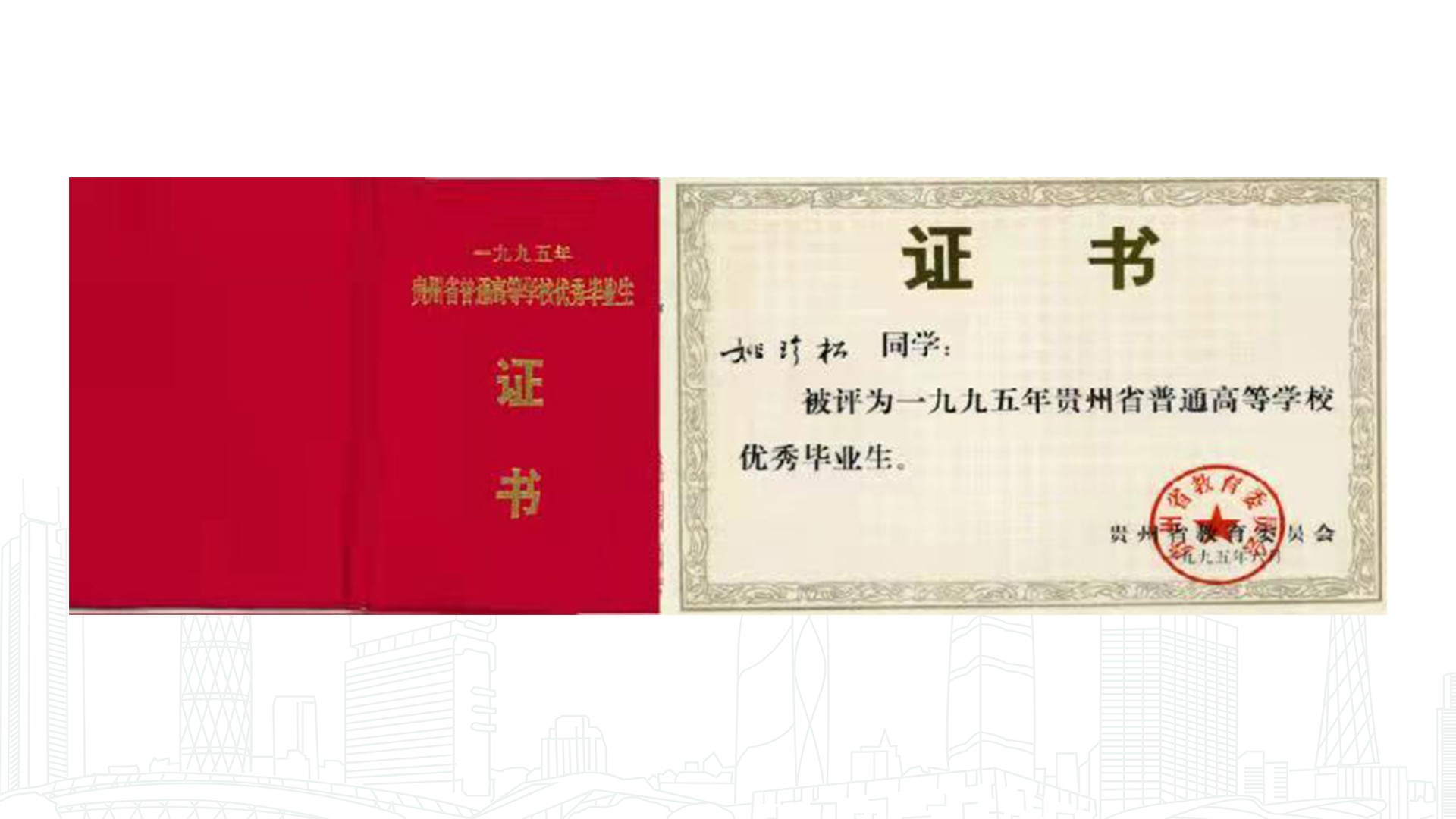
After 3 years of work, I realized that my knowledge and what I had learned from university were not enough to support me to be a good doctor. Thus I think that further study is a must. Then I passed the post-graduate examination and got enrolled in Guangzhou University of Chinese Medicine(GZUCM) to study Orthopedics and Traumatology. During the 3 years of post-graduate study, I made full use of my time. I was one of the Top Students for 3 consecutive years. Besides, I have won the Excellent Graduate Scholarship, Deng Tietao Scholarship, Zeng Xianzi Scholarship as well as the Outstanding Postgraduate of Guangdong Award. After graduation, I was very lucky to be invited to work in the Orthopedics Department of the First Affiliated Hospital of Guangzhou University of Chinese Medicine. The theoretical accumulation has underlain the preliminary foundation of my career.
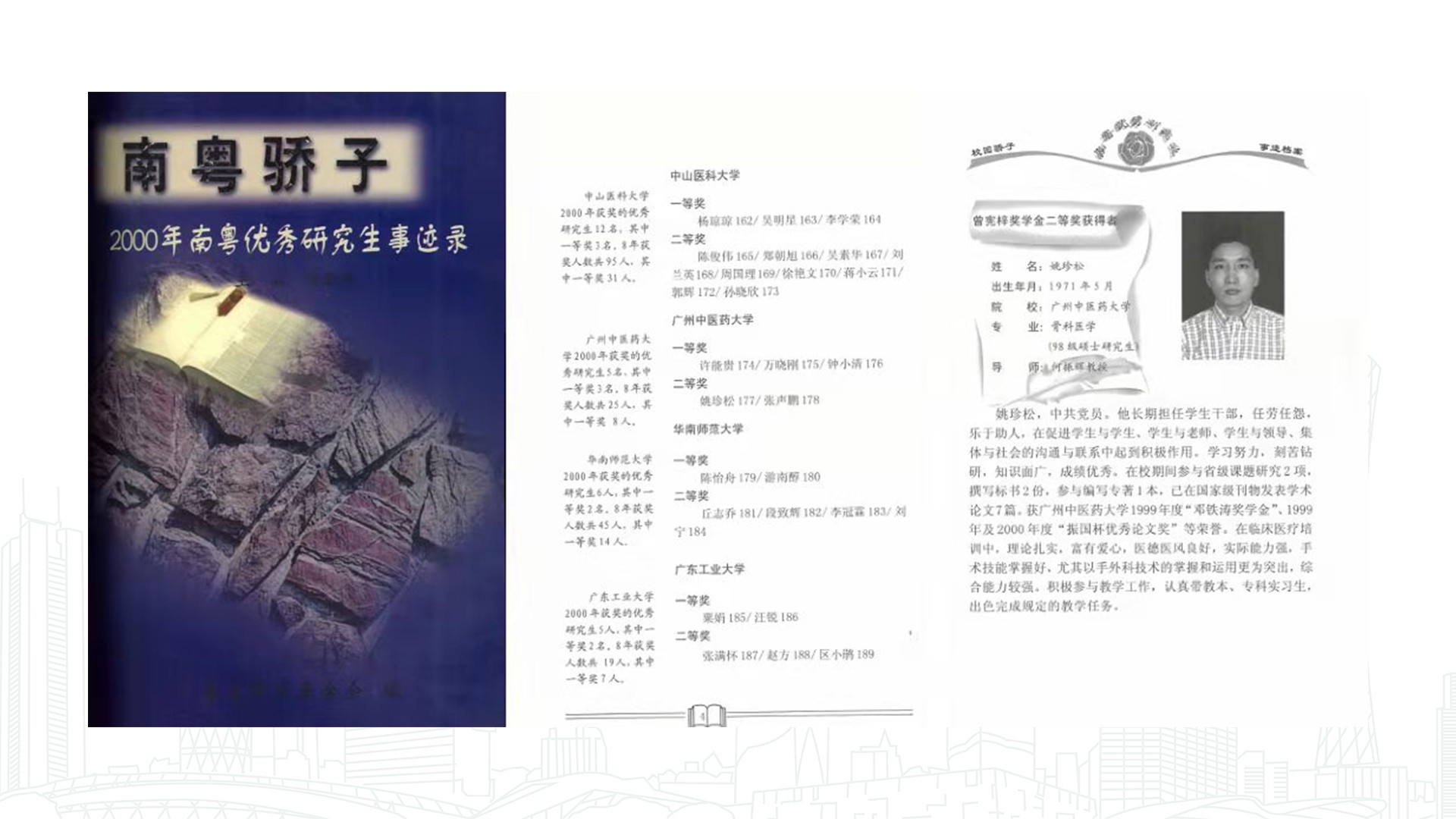
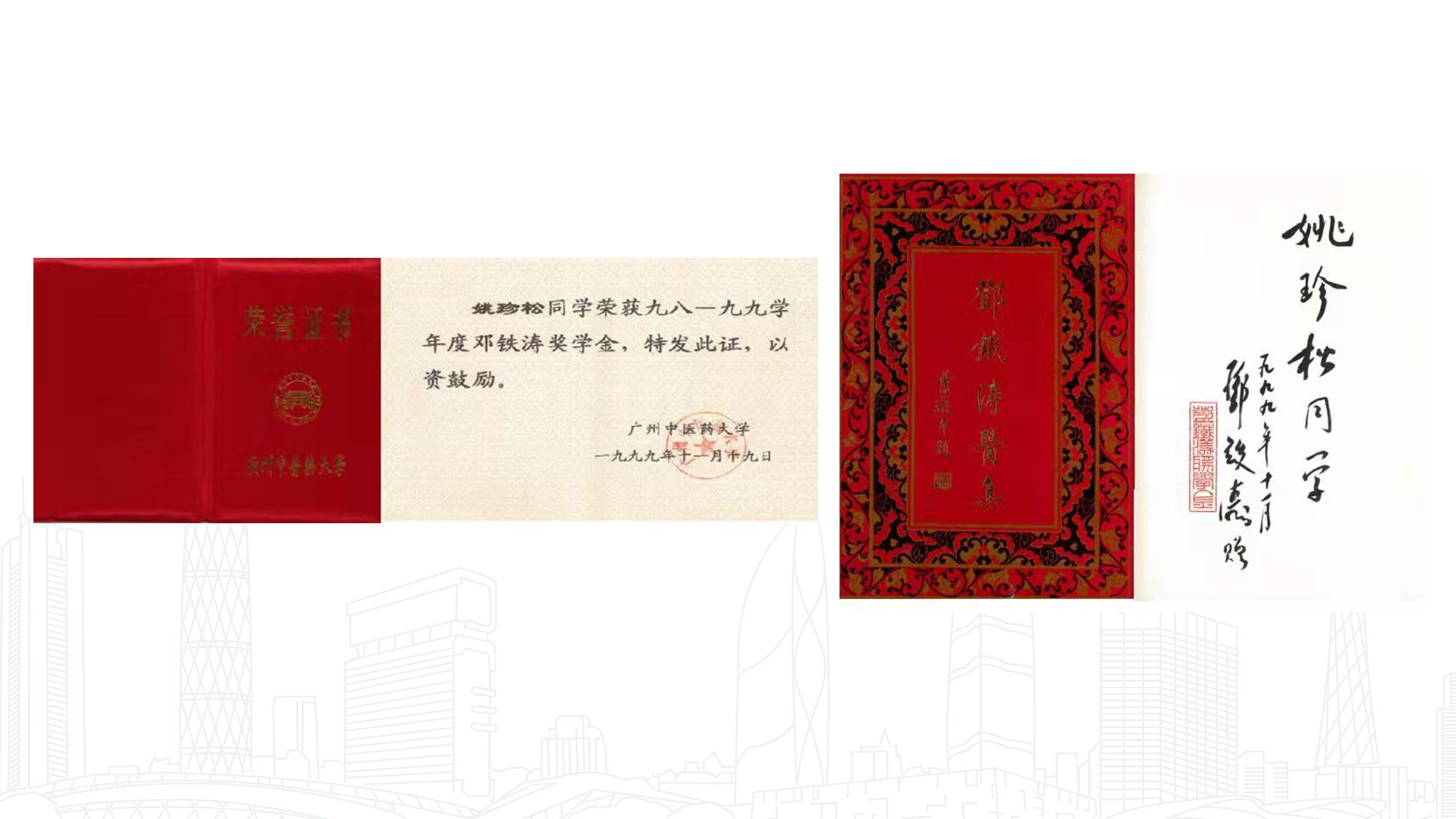
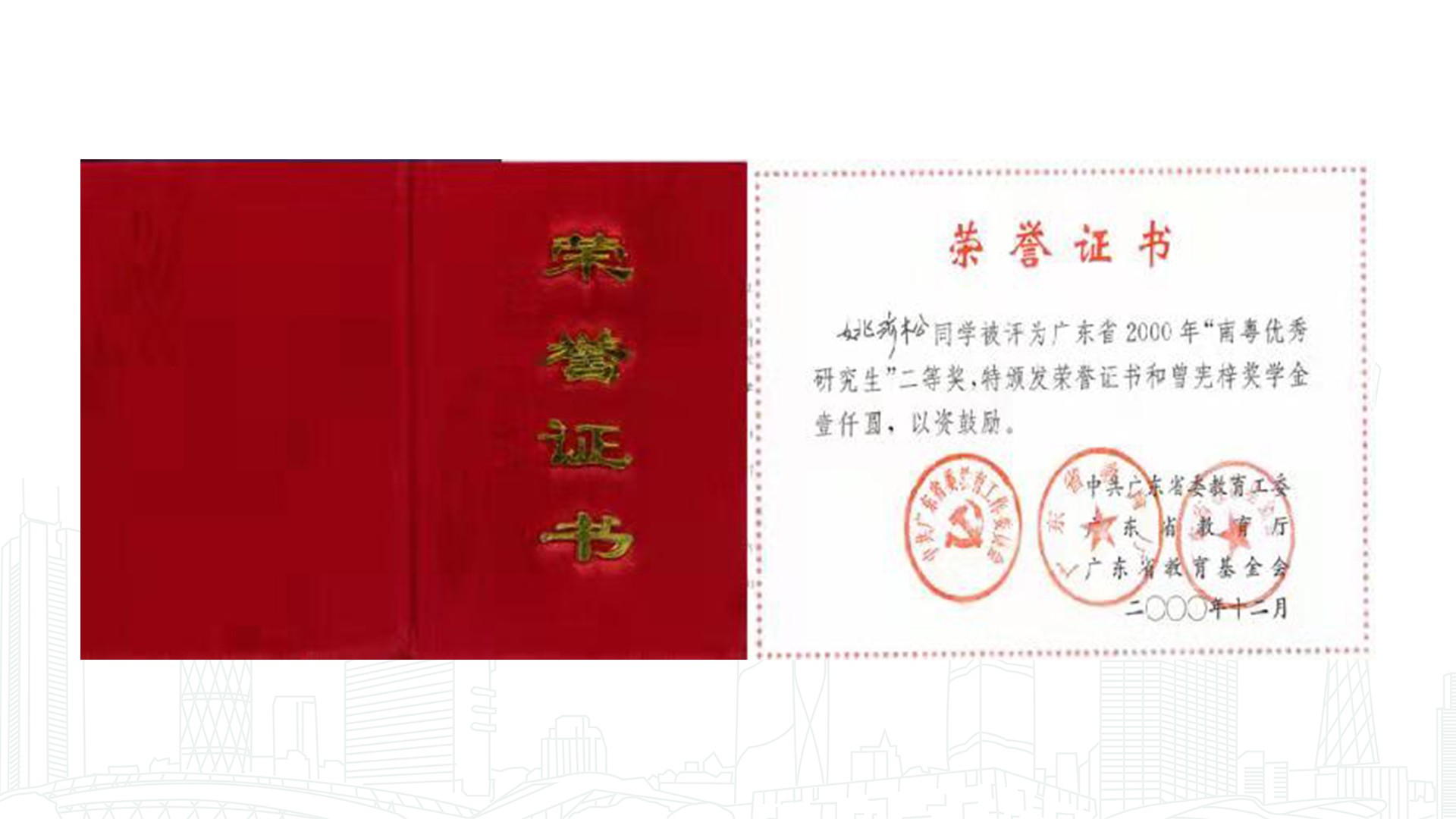
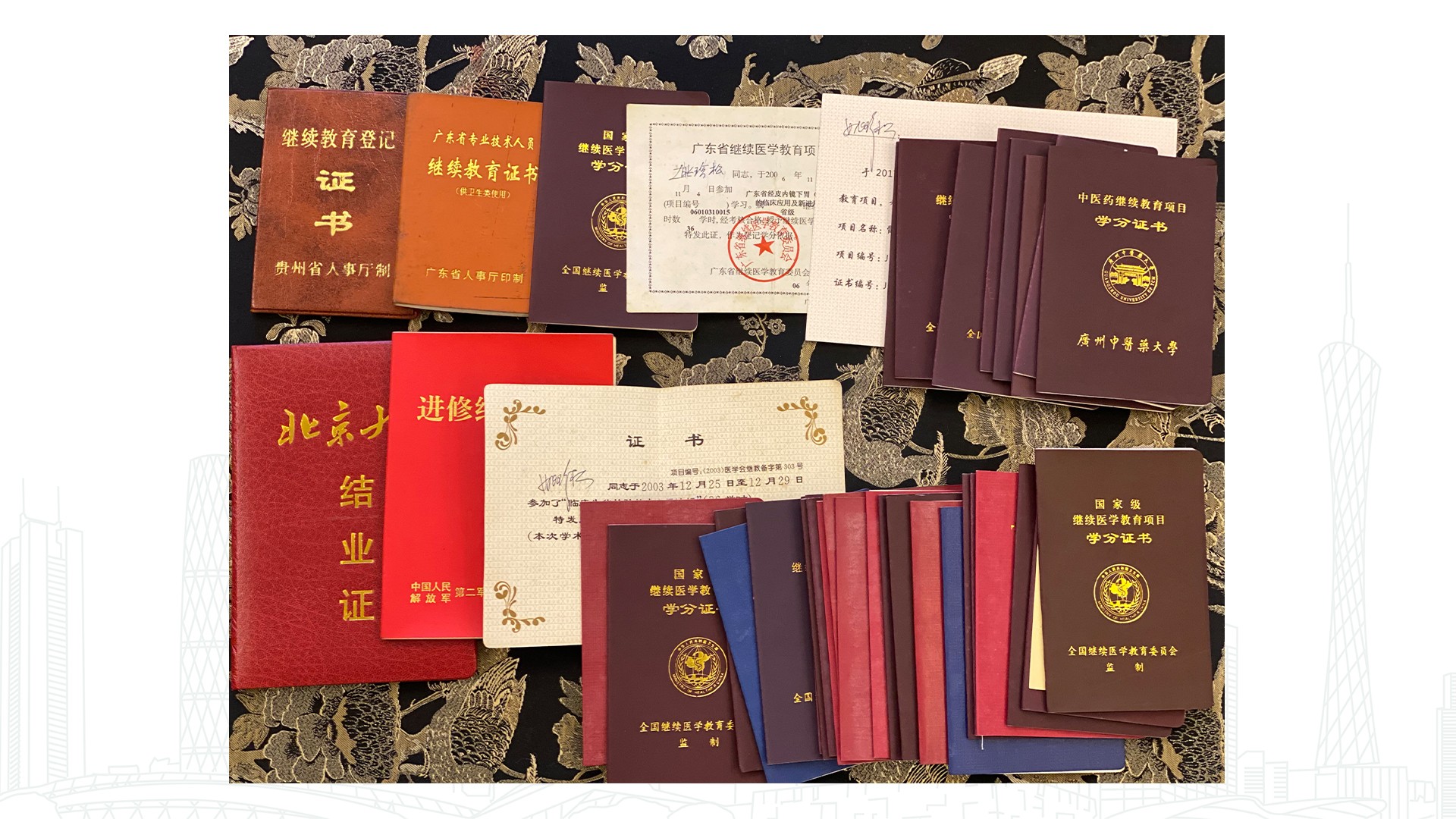
In addition, during my clinical practice, I have received professional supports from many mentors in different specialties, such as Traumatology, Spine, Joint and two advantaged specialties of GZUCM- Femoral Head Necrosis and Hip Joint.
Also, there is another important experience for me. In the early years of my career, my director guided me to learn a lot of knowledge and techniques about Microsurgery and Hand Surgery, so I can perform surgeries like replantation of amputated finger and skin flap transplantation independently after postgraduate graduation.
And since I have begun my career, my teachers, colleges and the hospital I work in are very supportive to me, and they encouraged me to participate in training and continue studying in different places. All in all, the education I accepted in college, the training I participated in early career, the further study, learning I joined during my career, and the study from experts and colleagues all the time help me make my achievements.
3. What is your suggestion to young doctors who are new to Spine Surgery?
First, I feel so happy that young doctors choose to work in Orthopedics, especially the specialty of Spine Surgery. In my point, among all the sub-specialties of Orthopedics, Spine Surgery is a challenging one because it has a long learning curve and learning cycle, and it has more difficulties in work. If you are confident and determined to work in Spine Surgery, I would appreciate and admire your determination from the bottom of my heart.
To study Spine Surgery, we must put more effort, study harder as well as spend more time in theoretical study and specialized techniques training. My suggestions are as below. Firstly, make a solid theoretical foundation; secondly, participate in all-rounded technique training; thirdly, maintain an open mindset and gradually grow. I believe that one day we will achieve the goals in our inner hearts.
4. Since you have made academic visits to Germany, America, Malaysia and some domestically renowned hospitals, what do you think about the importance of making academic visits to different hospitals or countries?
Medicine is a typically life-long career. We must keep learning all the time, only in this way, can we meet the occupational demands of satisfying patients’ needs and helping them resolve problems with our knowledge and skills. Due to the rapid development of medicine, especially in the 21st century, the development of medicine and modern science has entered a fast lane of rapid development, and the speed of development is getting faster and faster. Therefore, we must keep learning in order to keep up with the pace of the times.
Different teams have their own strengths, and different professors have distinctive styles and working skills, and they grasp different cutting-edge ideas. Through learning from different teams and professors, we can draw on the strengthens of other professors and experts as a direction for our own development, in combination with our knowledge and the actual situations of our own hospitals. In the process of learning, it is not enough to divorce ourselves from reality and read books alone, so we must step out of the comfort zone and see more, learn more, listen more, communicate more to find out where our weaknesses are, where the front of times is and where the best technique is.
5. What was the opportunity that brought you to make an academic visit to Schön Klinik München Harlaching in Germany? And what do you think was the biggest gain in this academic visit to Germany?
Our hospital started a high-level hospital construction project a few years ago, subsidizing some doctors to study abroad, and I was very lucky to be chosen. After that I studied in Schön Klinik München Harlaching in Germany. First I would like to thank Gloryren for helping me to contact Prof. Mayer’s hospital. I had read his papers and literature before, and I know that he is recognized as the founder of OLIF surgery. In addition, his team is renowned throughout the world, so I really want to study from him. There was an opportunity at that time, and Gloryren helped me to apply for an academic visit to Schön Klinik München Harlaching. I visited Germany in the second half of 2017, and I stayed there for several months and I feel that this journey was a very happy and important time for me. In those months at Schön Klinik München Harlaching, I felt that it was very different from previous studies at home and other short-time studies abroad. And I realized that minimal invasion and precision are the firm directions for developing Spine Surgery in the future. I found that a lot of technical theories have been prevalent in Schön Klinik München Harlaching since 2017, which is also a very crucial experience for me to implement the work later.
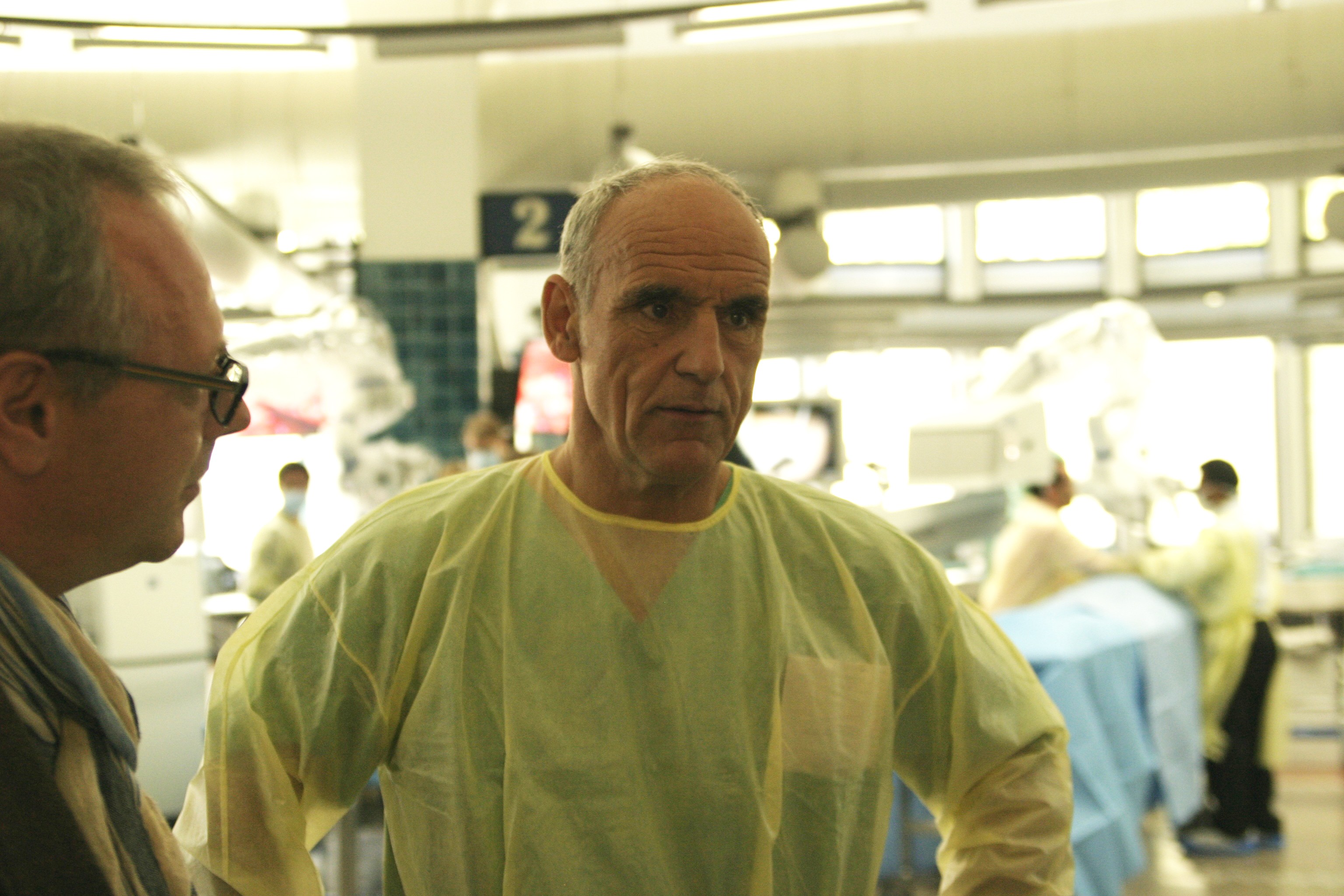
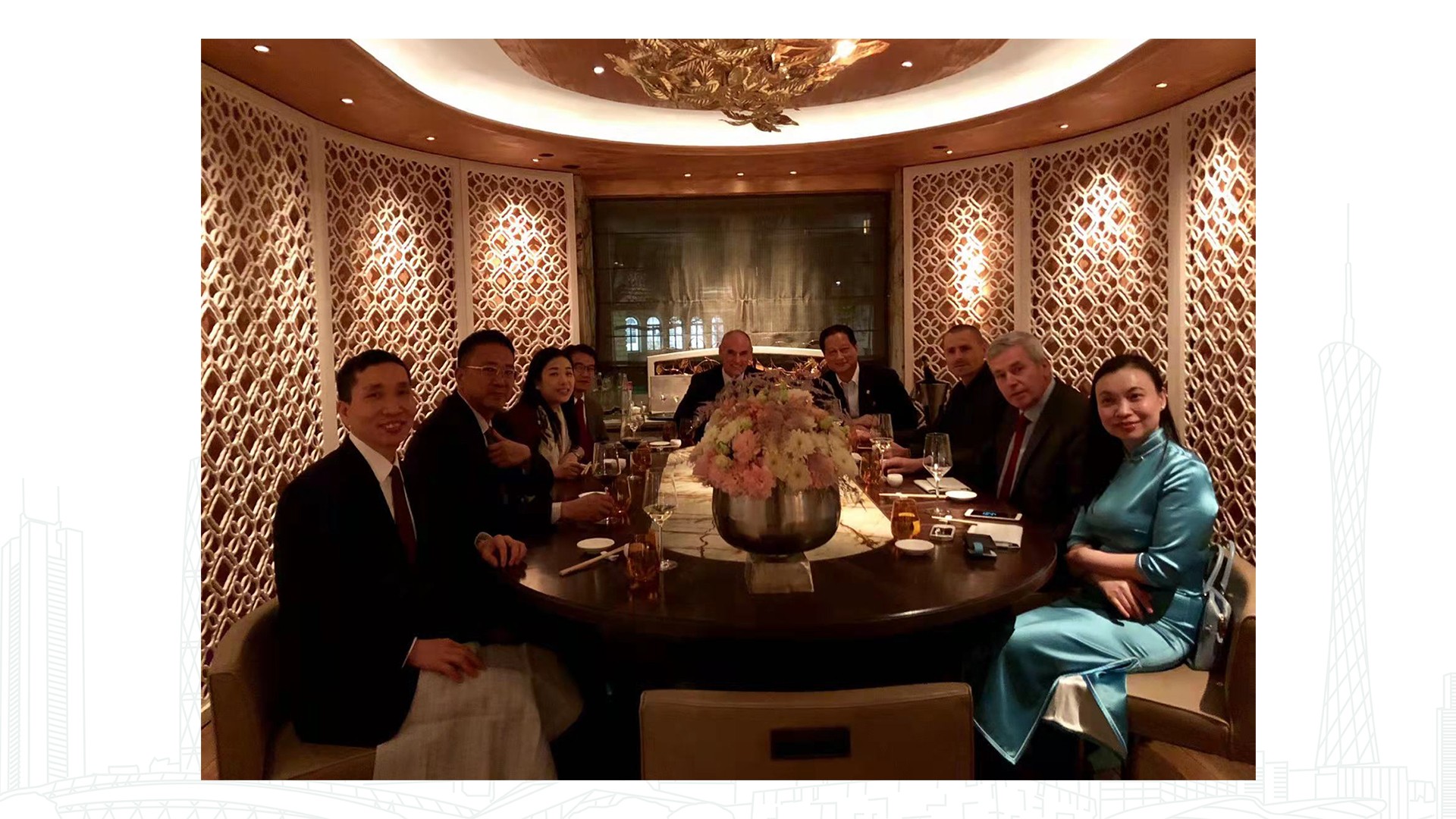
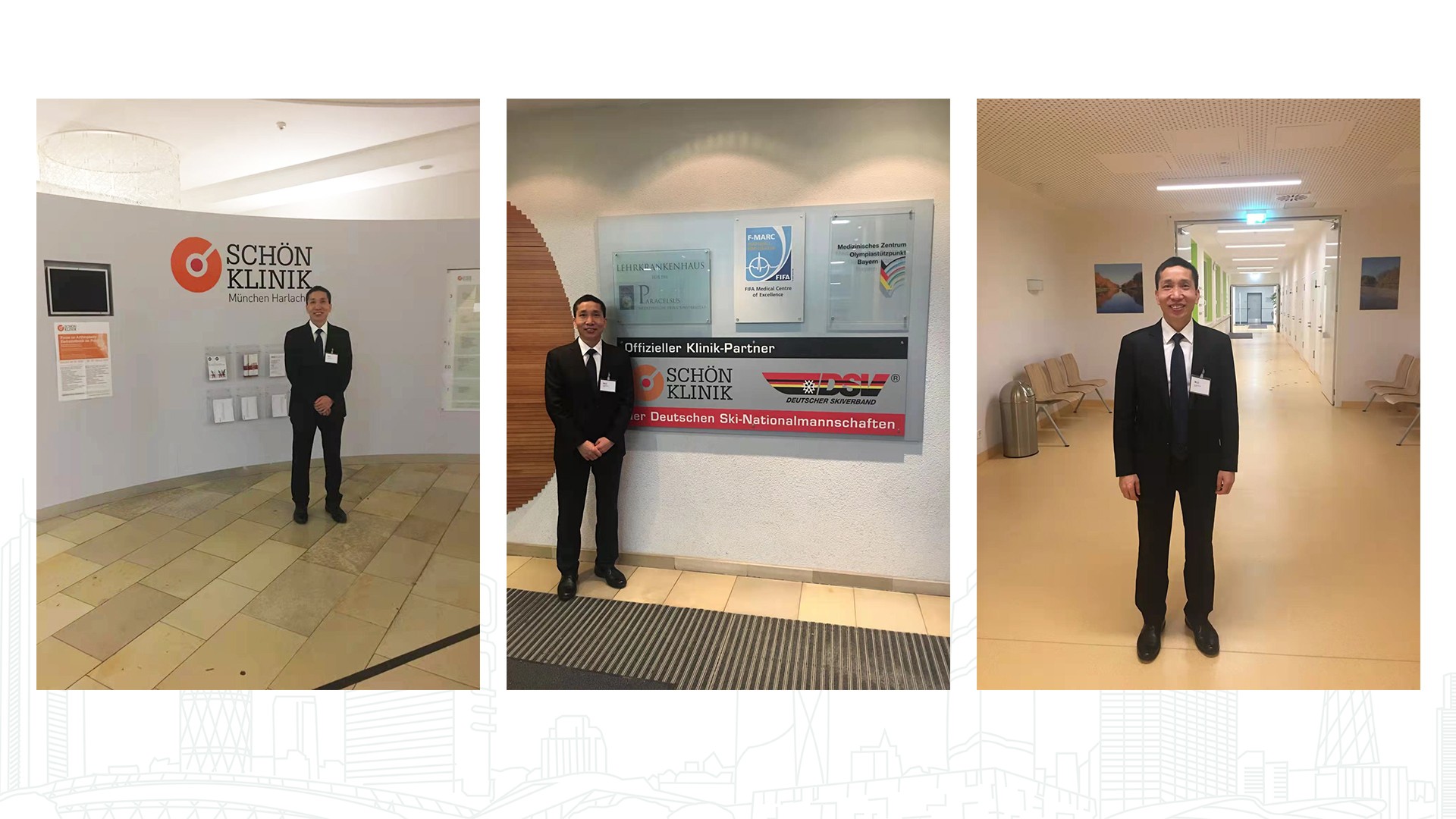
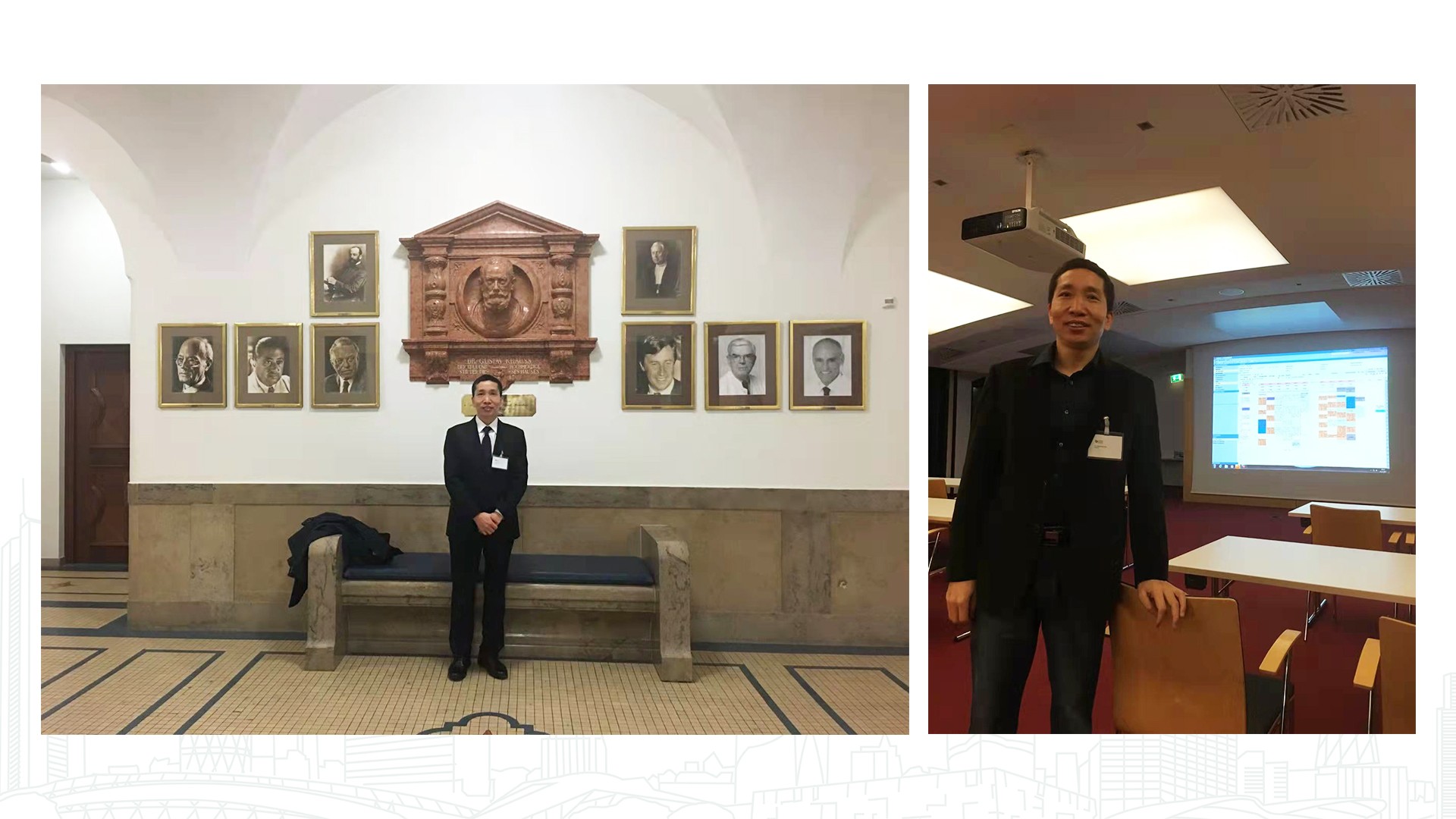
6. Can you please share the most impressive experience during your academic visit with us?
Studying in Germany is a very enjoyable experience. What impressed me most in Schön Klinik München Harlaching was that the hospital was in well order and quiet. As a treatment center for FIFA, it has many clinic patients, rehabilitation patients and hospitalized patients, but the hospital is very quiet, just like a garden.
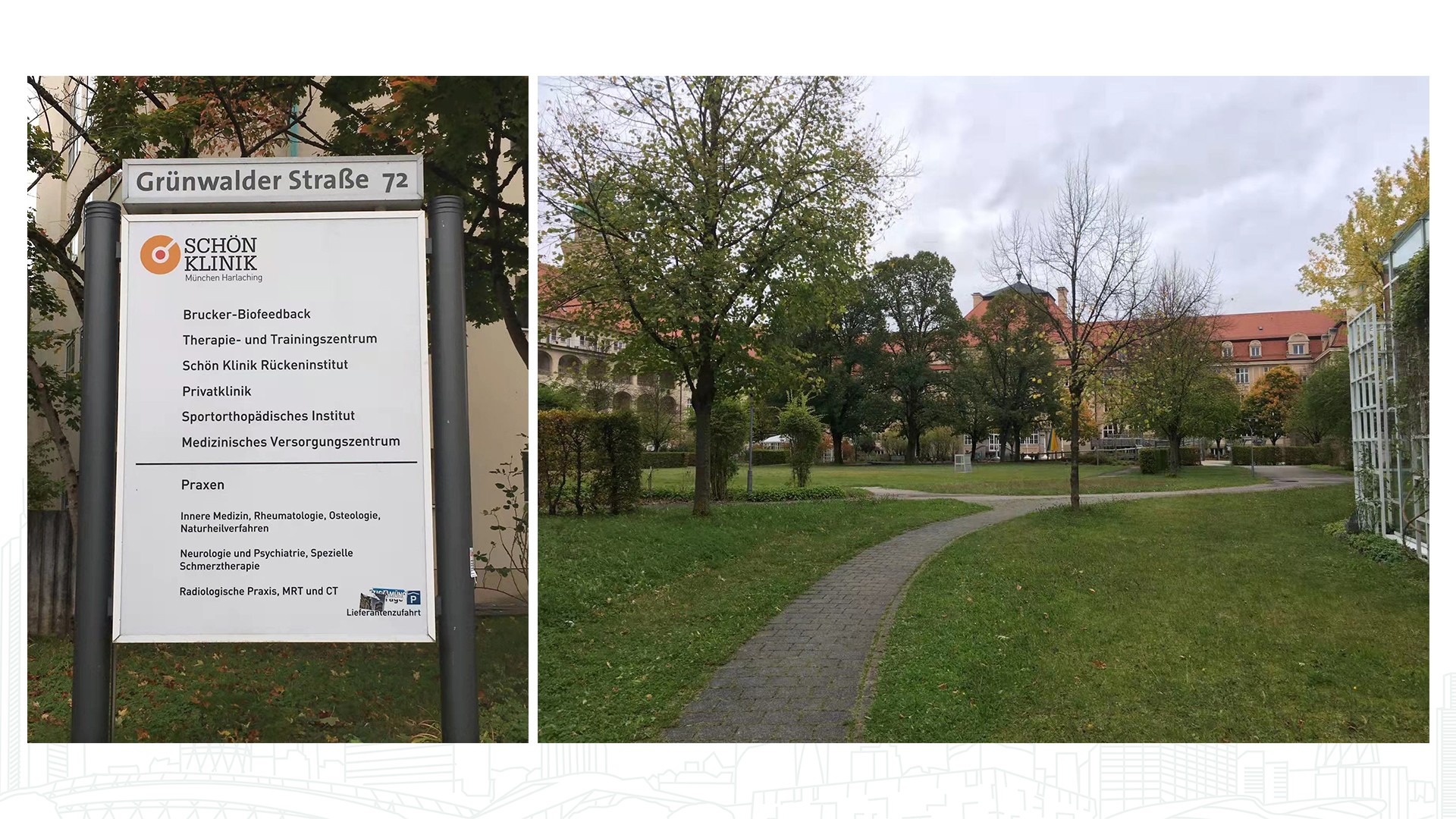
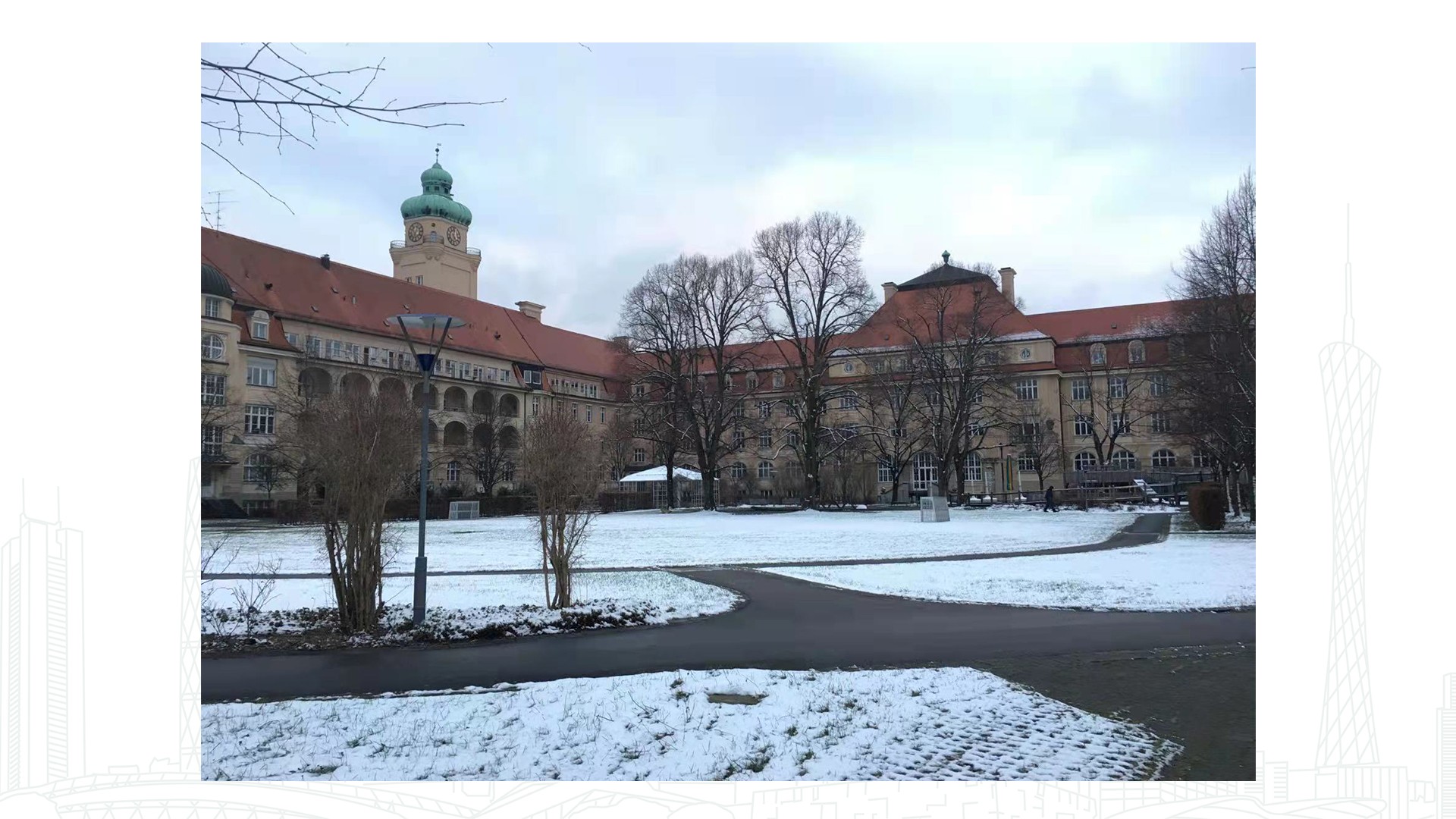
While studying in Germany, I saw that every procedure on the wards, in the outpatient clinics and in the operating rooms was performed very quietly, but in an orderly and efficient manner. Before you know it, the condition has been taken care of, the test has been completed, the operation has been done all in a very pleasant way. Professors, doctors, nursing staff and other staff are very busy, but they are calm and confident, and they will never be anxious and noisy. They make everything under control and finish work efficiently and quietly, which touches me most. Therefore, I really hope that if I meet any problem in my career, our team can also resolve patients’ problems calmly, safely and efficiently, what’s more, it would be better to resolve problems in a relaxing and delightful atmosphere. However, it may take a very long time to realize this goal.
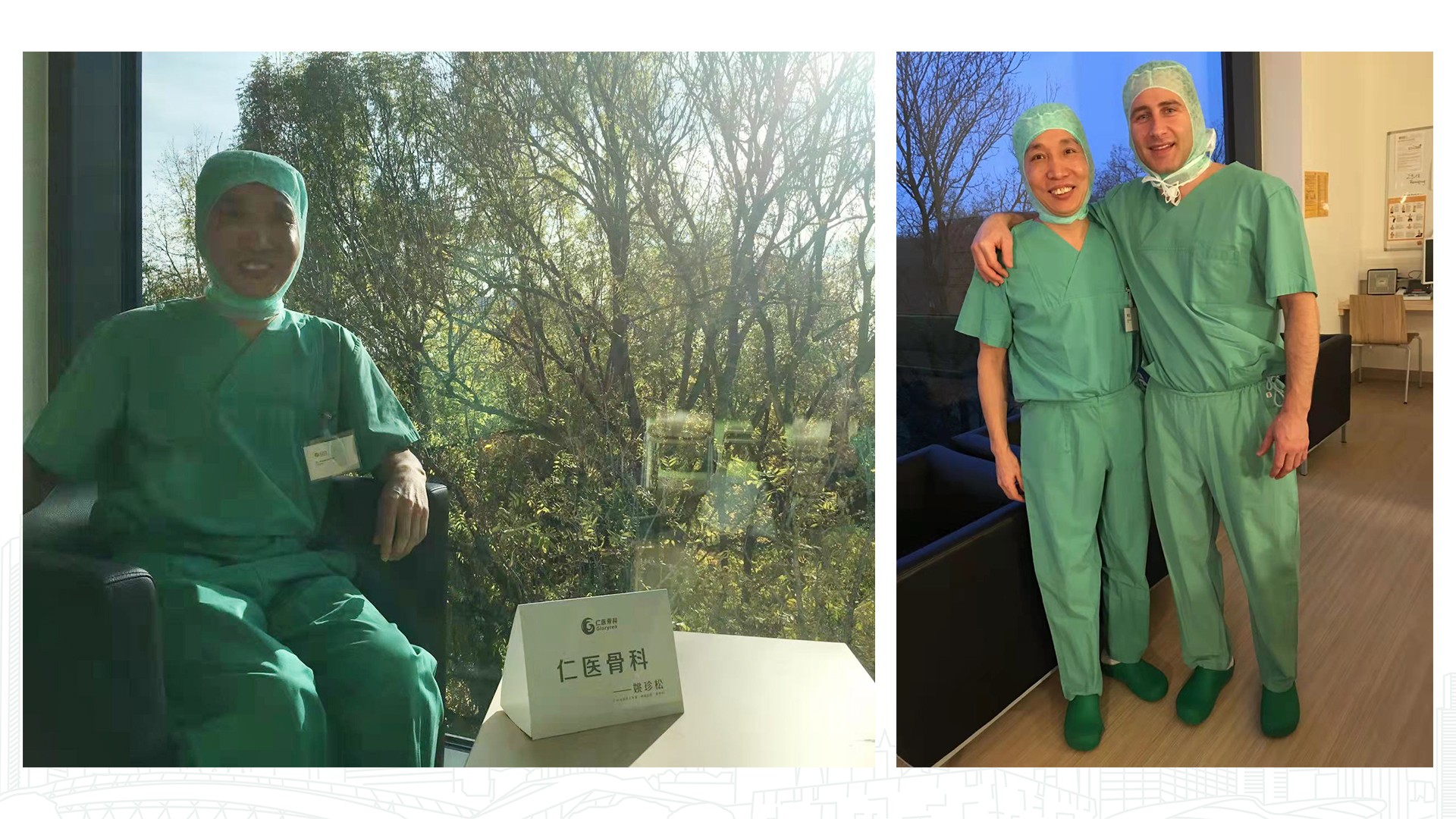
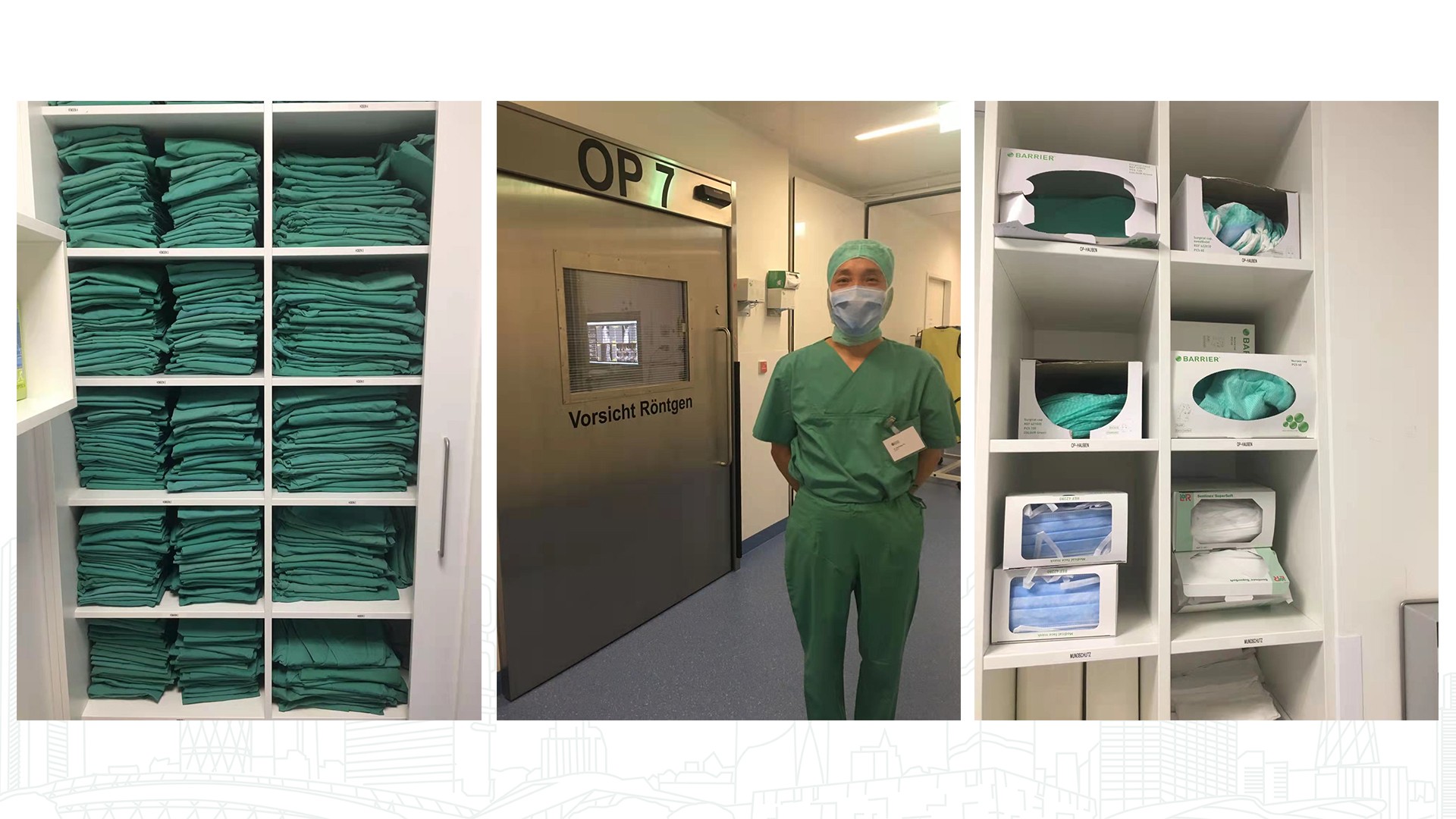
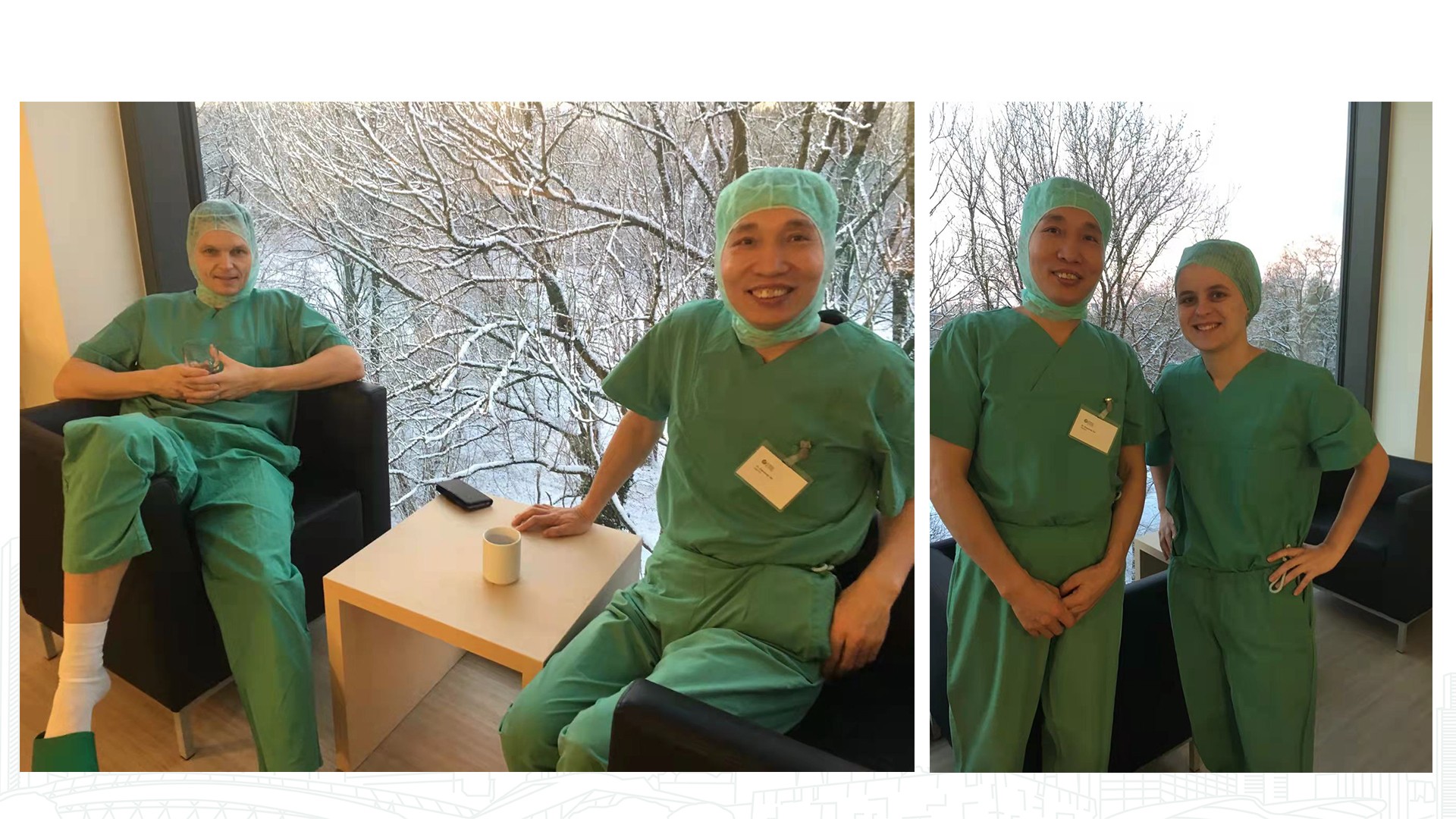
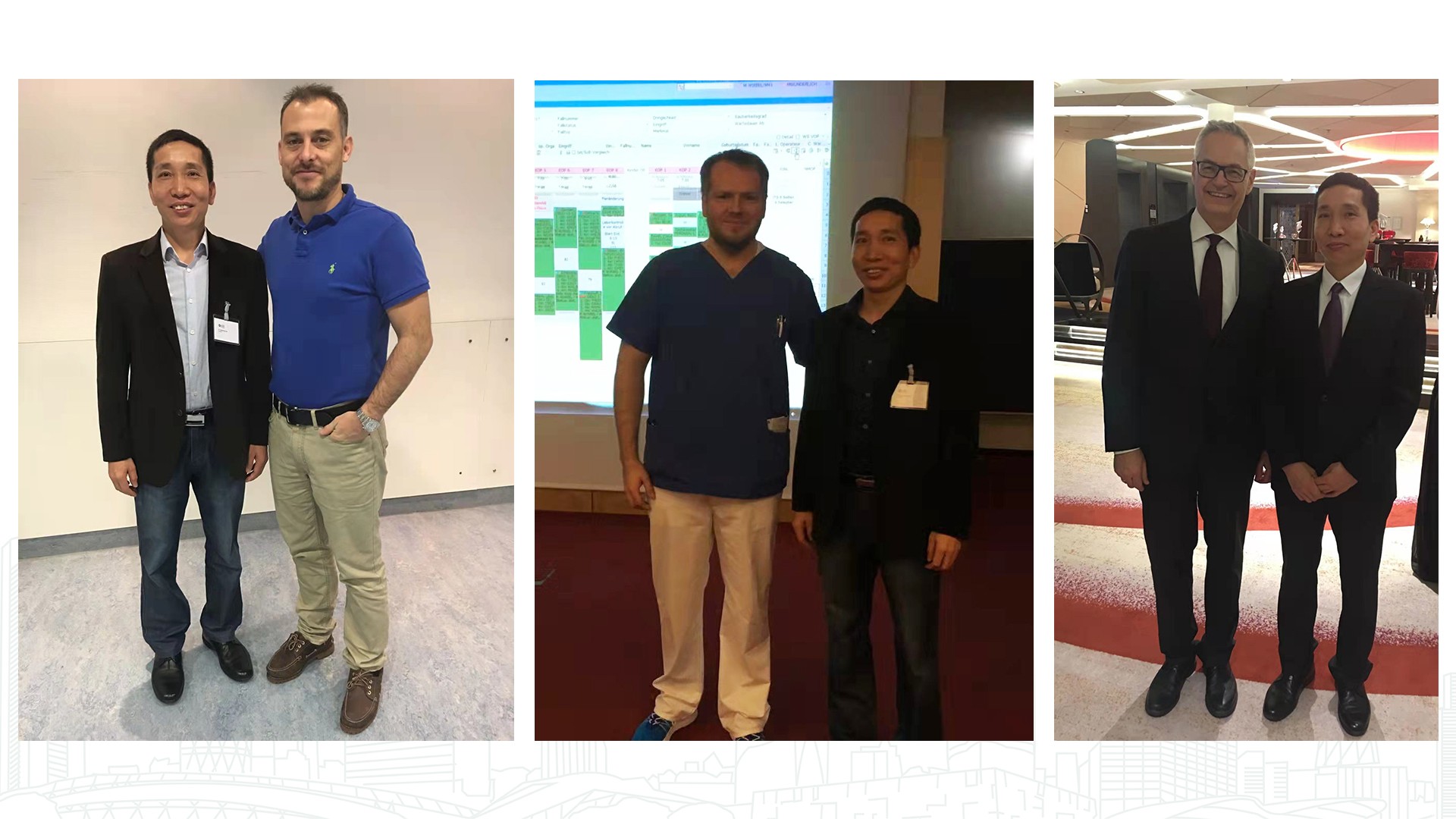
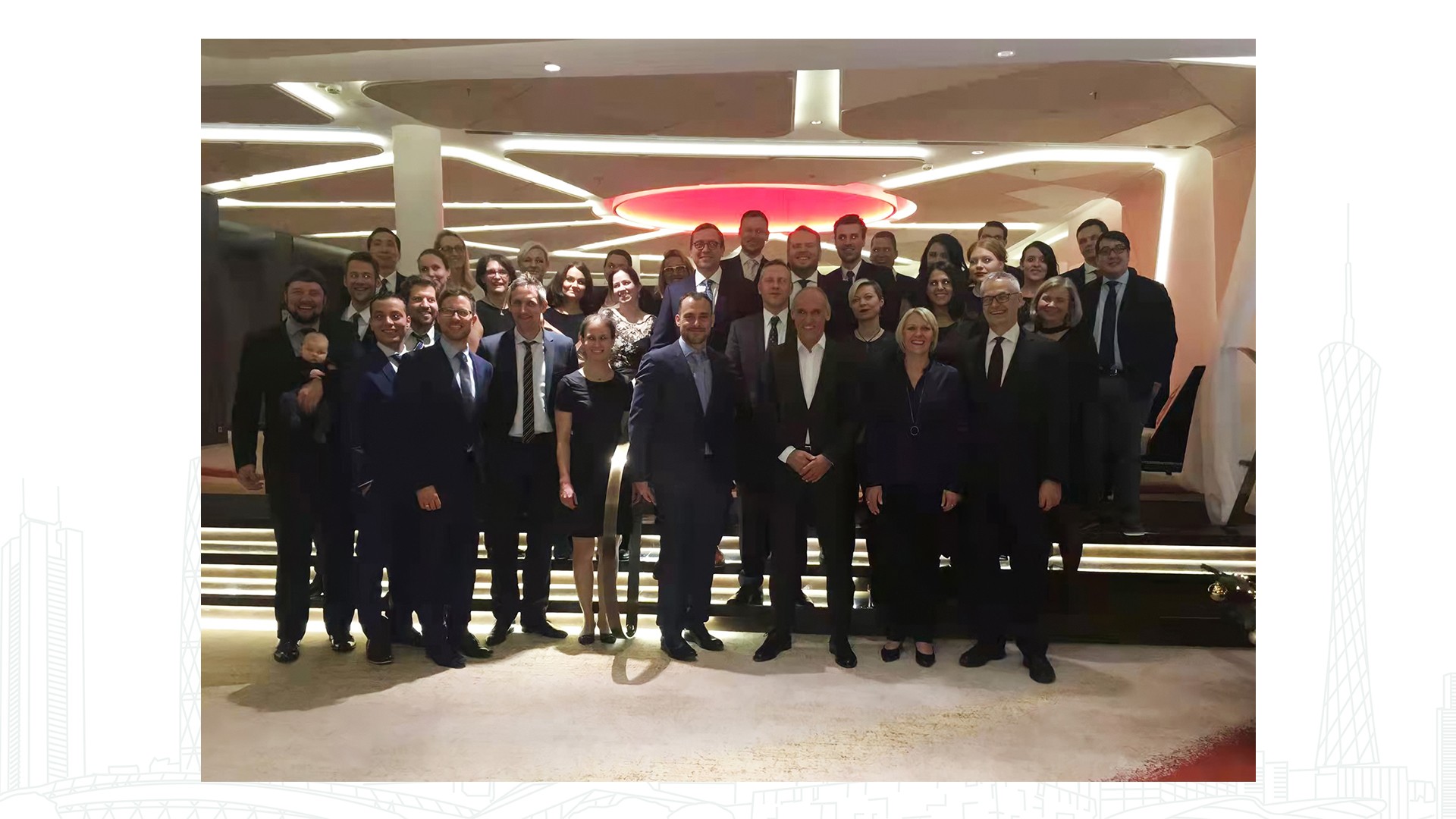
7. What preparations should we make for academic visit to Germany?
There will be chances for colleagues or scholars to make academic visits abroad if there is no COVID-19 pandemic, however, many people have to delay or cancel their plan because of this epidemic.
If you have a chance to study in Germany, from my experience, it’s necessary to make preparations in 3 aspects mainly. The first one is visa, you should go to the embassy to complete the formalities. I applied for the official visa at that time, and its procedure took a long time, then I applied for the Schengen Visa. Basically, the application for visa is easy if you have complete formalities. But under the COVID-19 epidemic, the application may be different.
The second one is the language problem that concerns many colleagues. German is the native language of Germany, while I can’t speak German, so I was very worried about the language barrier before I went to Germany. When I got there, I found that actually in German hospitals and many public places, most people can speak very good English, and we can communicate with them in English. If you can speak English, you don’t need to concern about the communication problems.
Thirdly, the aim of academic visit for us as a doctor is studying, so we should make a plan about it. The academic visit is a valuable experience, since it is a short-time visit, and everyone has his own learning content. The training unit responsible for academic visit is unlikely to accept scholars for a long time, thus you should plan for your time in advance. You should communicate with the professor, and make the plan in advance according to your specialties, your interest, the contents you want to further study. And you should choose a hospital that has the same goal and expertise with you. For example, I have studied in Schön Klinik München Harlaching, whose MIS Spine Surgery is a renowned one. Besides, this hospital is very good at Sports Orthopedics because it is a treatment center for FIFA, therefore it is a good choice for colleagues interested in Sports Orthopedics.
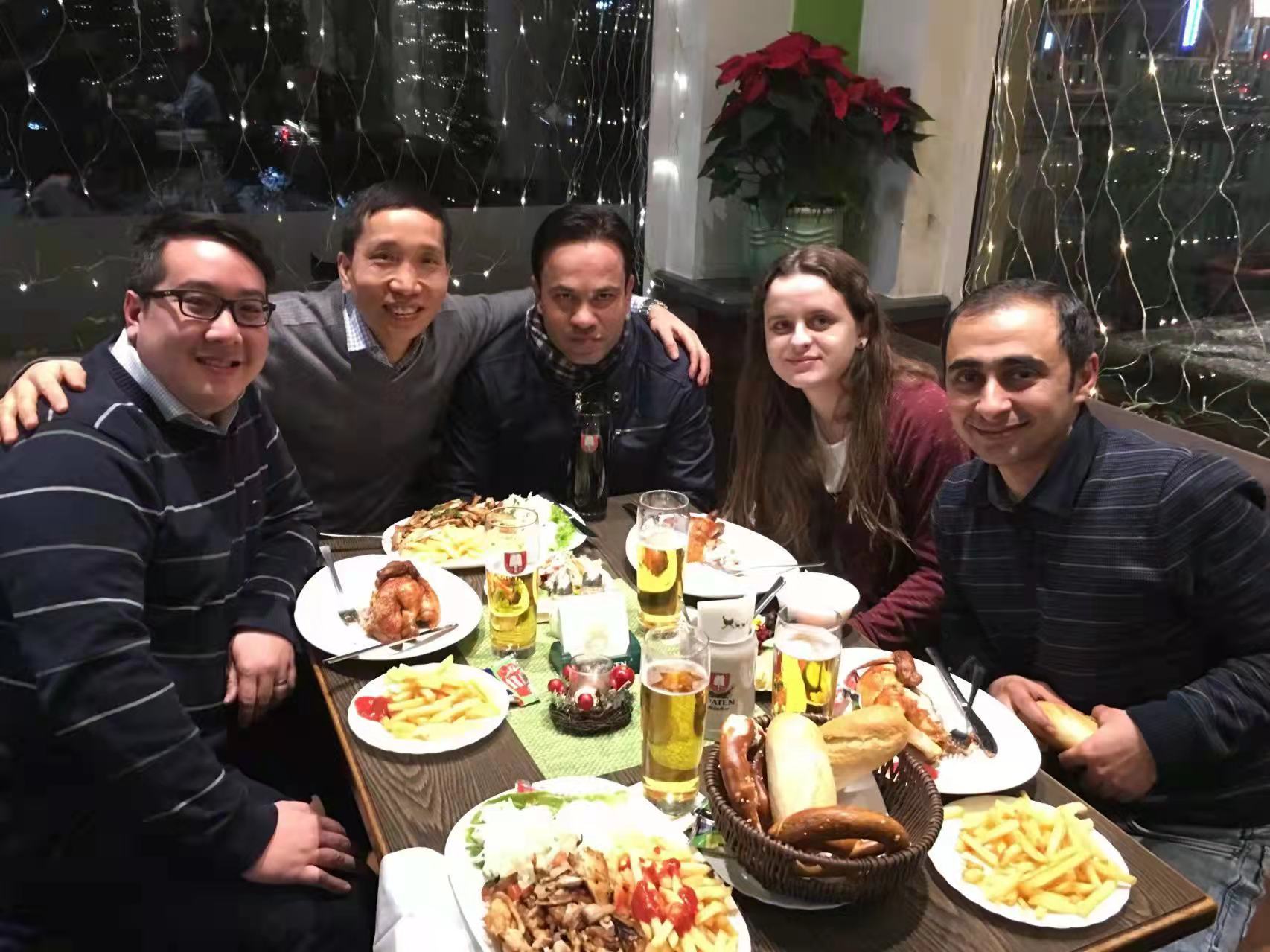
8. As a postgraduate tutor, what are the most obvious differences in teaching methods between Chinese and German teachers?
It is a pity for me to fail this question. Because I was on the academic visit that focused on clinical practice and surgical observation, I did not know much about the teaching, especially the classroom instruction. But I discussed with some teachers on other offline occasions, and we had shared the Chinese post-graduate education as well as the undergraduate education in academic exchanges later. Most of our Chinese students are very diligent and study hard, and they have clear goals. We really like these students. The postgraduates in the Department of Orthopedics in GZUCM are very excellent, they are selected from a long-time learning and rotational training.
But compared with foreign postgraduates, I think that Chinese postgraduates may be more conservative for they have fewer interactions with teachers in class, and they do not actively join the discussion and ask questions. Maybe it is because our students have heavy study tasks and too many examinations. It may also have something to do with the education we have received since childhood that the teacher is superior, so we do not dare to casually ask teacher questions.
From my own postgraduate studies, plus the fact that I am now leading postgraduates myself, I always lavish praise on those postgraduates who are able to take the initiative to identify problems, ask questions and share them with their teachers. It means that they are actively thinking and discovering their questions. And from a teacher's point of view, I also hope that students can share their questions with teachers, together to resolve them. Especially for our scientific research, we should not afraid of making mistakes and not dare to try. If we don’t explore the question, we don’t know about the result and the effect in the end.
First of all, we should boldly take a try instead of being afraid of making mistakes. I think we can be more courageous and open-minded, so we can learn more and teachers can be inspired more in teaching.
9. What are your suggestions for Spine Surgery doctors who want to further study abroad?
As a Spine surgeon, just like what I have mentioned before, I really appreciate and admire young doctors working in Spine Surgery. Though it is challenging and exhausting, it can inspire our imagination and drive us to work hard, particularly that a Spine surgeon should keep learning. And studying abroad including academic visits, undergraduate education and doctoral education abroad is very important for doctors. I personally appreciate it if you want to study abroad. Especially when you are young, you should study more at a young age and enrich your acknowledge. If you plan to study abroad, my first suggestion is that you must be persevered and try to realize your goal. In fact, there are endless routes of growth, if we boldly step out the first step, we can realize our goals.
In addition, in the process of learning, we may encounter all kinds of difficulties. From my limited learning experience, generally speaking, if we have complete preparations, a good attitude of studying, a regular schedule and a detailed plan, we can learn a lot from the academic visit. It helps us enrich our knowledge, life experience, learn more techniques and build up our networks for academic exchanges in the future.
However, for those of us who are to study abroad, especially those of us who are already doctors and do not have time to contact teachers due to our work, I think we can turn to some better platforms, such as Gloryren, to help us contact the tutors and institutions we are interested in, within the limited time we have. And I sincerely suggest young colleagues or scholars who haven’t participated in work yet that once you have made up your mind to do this, you should keep on working hard.
10. What is your view on the future development of Spine Surgery?
From around 2000 to the present, surgery has developed very rapidly over the years, both nationally and internationally. In the coming period, the Minimal Invasive and Precise Spinal Surgery should be a major direction. In the future, techniques such as Microscopic Decompression, Microscopic Fusion and Microscopic Correction may be the focus of Spine surgeons, and a must for doctors.
With the popularity of AI, we may introduce some high-tech means like the human brain chip, AI technology to the treatment soon, which enables our operations and treatments more individualized, precise and minimally invasive. Thus I think that we may encounter more and more technologies, in particular, Spine Surgery is a typically technology-dependent and technology-driven specialty. We need new technologies, new methods to support our development and implement works. To expand our cause and grasp the cutting-edge hot-spot of MIS, we should learn about AI, because it may be an indispensable part of our treatment methods in the near future.
For working in a medical career, the most important thing is that you can’t forget your original aspiration. Our aspiration is to resolve patients’ problems and provide humanistic care, which is very important for us. As a doctor, we mainly resolve patients’ problems through different means. Even though we have the best methods, the most advanced techniques, we couldn’t resolve patients’ problems well without original aspiration.
Traditionally, the doctor is dominant in the relationship between doctor and patient, and the patient listens to the doctor’s advice and implements doctor’s plan. I think that with the spread of knowledge, many patients can know about the techniques, methods, pros and cons of the surgical treatments from different channels.
As doctors are equipped with techniques in all aspects, the previous model of doctors in a dominant position may switch to the model of doctors discussing with patients. It means that the doctor and patient have face-to-face talks, and they decide the most appropriate method to resolve patient’s problems. Different patients may have the same diagnosis, but they may have different treatment methods, what’s more, the physical condition of patients, the regional condition and traditional culture should be considered as well in choosing treatment.
While we are arming ourselves with concepts and techniques of minimal invasion and precision, we should also adhere to the idea of humanistic care. In the spirit of optimizing the interests of the patient and using the most appropriate method to solve the problem, we should make humanistic care always throughout our practice.
The introduction of the First Affiliated Hospital of Guangzhou University of Chinese Medicine
Founded in 1964, the First Affiliated Hospital of Guangzhou University of Chinese Medicine is a large-scale comprehensive hospital in Traditional Chinese Medicine(TCM), which is one of the important bases for higher clinical medical education of TCM, diagnosis and treatment, and scientific research in China. It covers an area of 50,940 square meters and a construction area of 188,800 square meters. With 2,200 registered beds and 46 clinical departments, it is equipped with completed specialties in Outpatient and Emergency departments.
Adhering to the thought of "all for the health of the people", the hospital follows the motto of "inheriting while pursuing innovation, practicing great medicine with kind heart". It vigorously advocates the service concept of "put patient first, pursue excellence"and provides high-standard medical health service for people with full enthusiasm of work, excellent medical techniques and noble ethics, meanwhile, it makes unremitting efforts to build a modernized large-scale hospital in TCM featuring vivid Lingnan TCM culture, ranking as the top hospital domestically and a renowned hospital internationally.
The introduction of Baiyun Hospital of The First Affiliated Hospital of Guangzhou University of Chinese Medicine
The First Affiliated Hospital of Guangzhou University of Chinese Medicine is a tertiary hospital of Traditional Chinese Medicine which integrated with medical service, teaching, research and rehabilitation. It is the sub-center of six national and regional TCM treatment centers of the First Affiliated Hospital of Guangzhou University of Chinese Medicine, covering Cardioangiology, Oncology, Endocrinology, Spleen-Stomach Diseases, Acupuncture and Gynecology. In addition, it has a number of provincial-level and above famous Chinese Medicine physician studios. Following the motto of "inheriting while pursuing innovation, practicing great medicine with kind heart", it always puts the patient first and provides high-level medical service.
